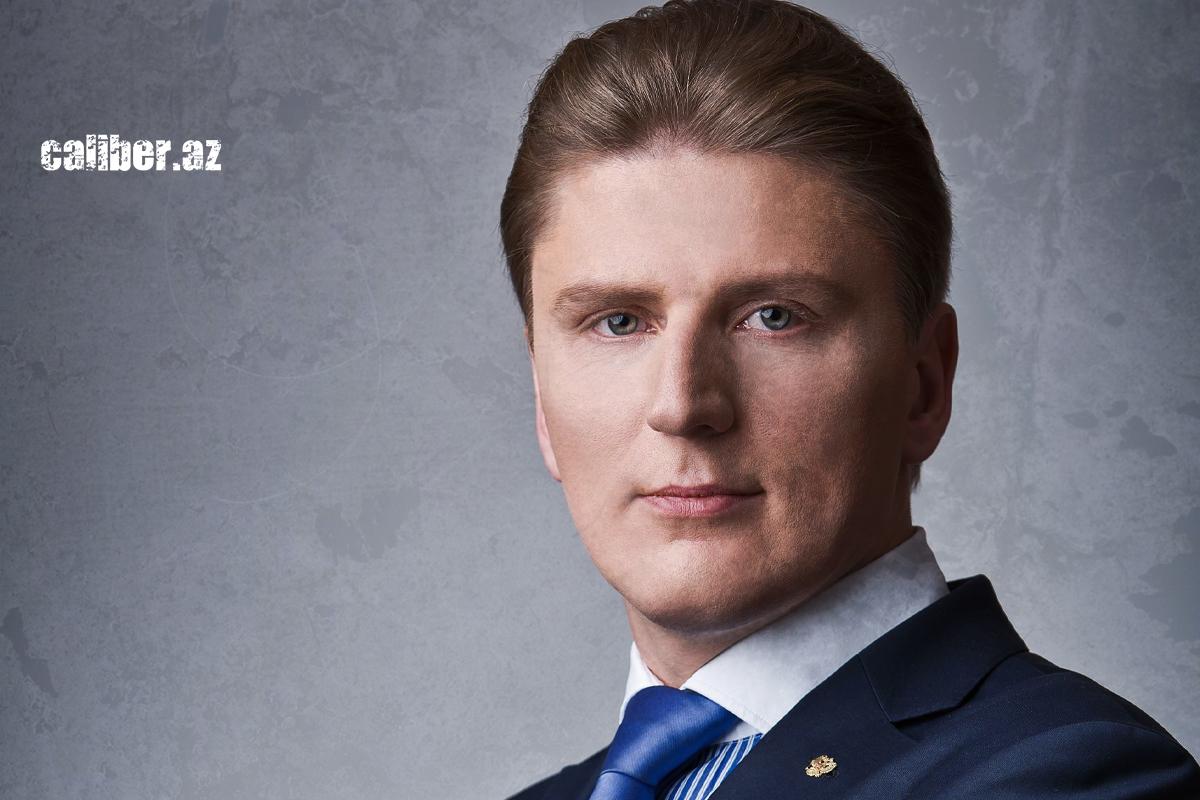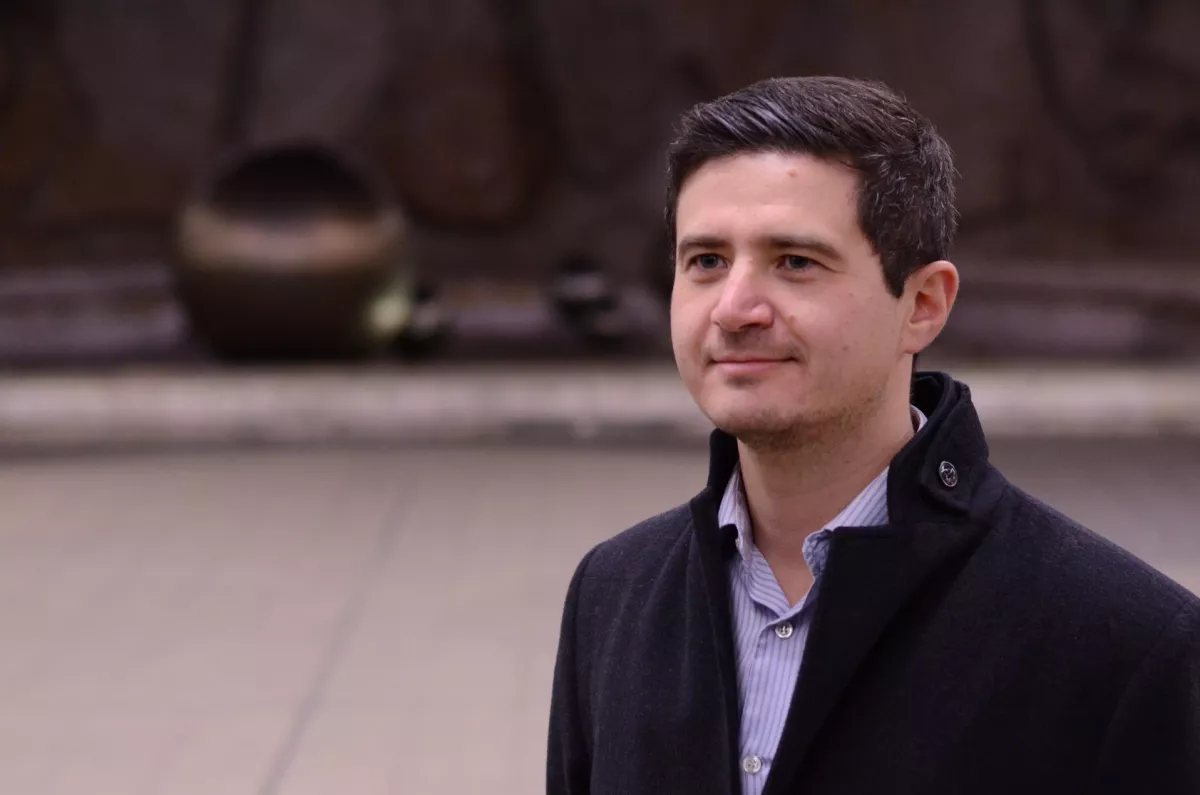Western influence grows in South Caucasus: Implications for regional stability NATO’s quiet expansion in Armenia
The West is reportedly increasing its involvement in the South Caucasus through Armenia, aiming to introduce a “peacekeeping” contingent from NATO countries to facilitate relations between Yerevan and Baku. This assertion was made by Alexander Bortnikov, director of Russia's Federal Security Service (FSB), during a recent meeting of CIS Council of Heads of Security Agencies and Special Services, TASS reports.
“The US and European nations do not prioritize stability in the region. By encouraging Yerevan to postpone negotiations with Baku, the West aims to take control of the Azerbaijani-Armenian peace process and secure the deployment of its own ‘peacekeeping’ forces—officially under the UN's banner, but effectively aligned with NATO,” Bortnikov warned.
He further pointed out that the EU’s independent civilian observation mission stationed at the Armenia-Azerbaijan border appears to be conducting intelligence activities that serve the interests of a specific NATO member against Russia and its allies. Additionally, Bortnikov alleged that, in exchange for favourable arms supplies and security assurances, the West is pressuring the Armenian government to withdraw from the Collective Security Treaty Organization (CSTO). This move would deepen Armenia’s dependence on the North Atlantic Alliance in its future dealings with Baku.
How does the expert community assess the warnings from the head of the FSB?

Svyatoslav Andrianov, a Russian political scientist and Director of the Center for Political Analysis and Information Security, believes that Armenia may raise the issue of its membership in the CSTO and consider leaving the organization by mid-next year. In a conversation with Caliber.Az, he emphasized the importance for NATO countries—particularly France—to establish a foothold in the South Caucasus.
“Is the South Caucasus strategic for NATO in terms of energy transit and the launch of new cross-border corridors that will facilitate significant trade flows following a peace treaty between Baku and Yerevan? Absolutely. This becomes even more critical given the increasingly tense political situation in Georgia, where support for EU policies is waning. Georgians are asserting their own interests, as seen in recent legislative moves like the controversial 'foreign agents' law and the ban on LGBT propaganda.
Everything will likely be decided in Georgia after the elections, and currently, the ruling party has strong chances of staying in power. If it does, Georgia may no longer be the West’s primary partner, while Armenia could position itself as the main representative of Brussels' interests in the South Caucasus.
Evidently, if European missions in Armenia are strengthened or new ones are established, they will operate in alignment with the interests of the countries that deployed them. Thus, the regional nations need to assess the situation with a clear perspective and maintain some distance from the turmoil. However, Armenia is rapidly shifting from Moscow’s sphere of influence to that of Brussels.
Pashinyan's policies reflect this shift and are reaching a logical conclusion. The loss of Karabakh has strained Armenia’s ties with Moscow, and while relations between the Armenian and Russian peoples are not completely broken, they have certainly deteriorated. This has set a precedent for Armenia’s potential withdrawal from the CSTO, the acquisition of arms from European nations, and the invitation of European armed forces to bolster their influence in the country.
I believe there is ample reason to assume that the deployment of these armed forces would be welcomed not just by the Armenian leadership but also by many citizens of Armenia,” the political scientist noted.
In his view, the deployment of European armed forces in Armenia could take two forms. The first is a more cautious, diplomatic approach, where these missions would operate under the guise of peacekeeping forces focused on upholding the rights of Armenian citizens.
“However, we’re witnessing a different scenario unfold. Over sixty American congressmen advocating for Armenian interests are actively working to create anti-Azerbaijani narratives. This isn’t just happenstance; it appears to be part of a broader strategy, and we can expect to see a surge of anti-Azerbaijani statements emerging. Based on this, Western missions could be sent to Armenia under the pretext of 'containing Azerbaijan.' It's difficult to predict which approach will prevail, but I believe we will see developments in this regard in the coming months,” Andrianov remarked.

At the same time, Belarusian political scientist Alexey Chernov, chief expert at the Centre for Analytics and Forecasting, believes that the head of the FSB's statements are grounded in extensive analysis of both public and classified sources, leveraging the department's special capabilities.
“When such a perspective is publicly articulated, it indicates that the agency has gathered substantial information on the topic,” Chernov noted.
“Even when considering just the available media reports, it's clear that European countries and Washington are openly pursuing efforts to increase their influence in the South Caucasus. We recall how persistently the West sought to establish a presence in the Karabakh region of Azerbaijan through so-called peacekeeping and humanitarian missions, which Yerevan actively supported.”
Fortunately, Azerbaijan's successful restoration of its territorial integrity has effectively undermined many Western plans in the region. However, judging by current developments, it appears that intervention in the South Caucasus will accelerate. A key factor driving this is a well-known Western doctrine that has emerged in public discussions, outlining a step-by-step plan to transform Armenia into a “NATO” state and sever its ties with Russia, particularly in transportation, trade, economic, and energy sectors.
One aspect of this plan is already being implemented: agreements for the construction of modular nuclear power plants by American companies. This initiative aims to help Armenia achieve greater energy autonomy and reduce its dependence on Russia. Currently, Armenia relies on Russian specialists to extend the life of the Metsamor Nuclear Power Plant, and as long as Rosatom engineers are involved, Armenia remains tied to Moscow. Notably, the Metsamor plant accounts for about 40 per cent of the country's total electricity generation. However, this is just one element of a broader strategy.
In the military sphere, it’s clear that the West is likely to establish new missions with a more explicit military focus in Armenia, albeit under different pretences. I believe this strategy will unfold gradually yet dynamically, with the NATO label not being prominently featured. Instead, the West will likely infiltrate Armenia through joint military missions involving several European states and new initiatives under EU auspices. One such mission is already operating in Armenia, effectively handling reconnaissance and monitoring tasks in relation to neighboring countries.
The West aims to avoid creating the impression of open intervention in Moscow for now; it seeks to strengthen its presence in the South Caucasus. However, there is a possibility that Armenia could eventually become a military testing ground for direct action against Russia and Azerbaijan,” Chernov concluded.








